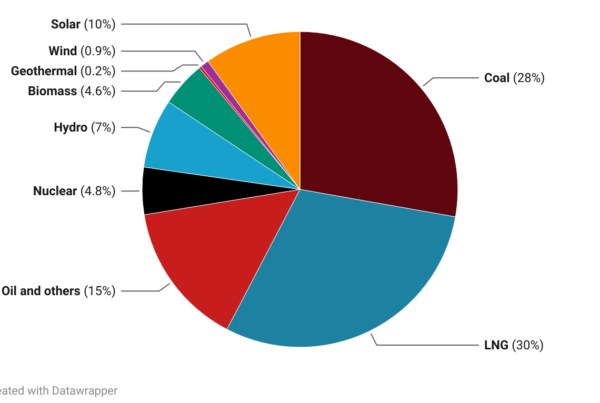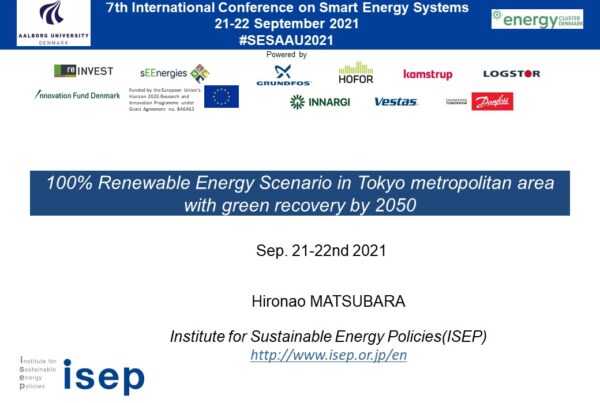Institute for Sustainable Energy Policies (ISEP) has launched “ISEP Next Energy Transformation Micro Research” on the online platform Medium to communicate new trends in energy transformation in Japanese and English.
ISEP is an independent, non-profit research organization based in Tokyo, founded in 2000 by energy experts and climate change campaigners. Through our work, we aim to provide resources and services to realize a sustainable energy society.
Throughout its 20 years of activities, ISEP has supported the realization of a decentralized, community-based energy transition. After the March 11th 2011, Fukushima nuclear disaster, ISEP has even more actively contributed to the energy transition in Japan from policy advocacy to community energy project development.
The trajectory of the energy transition can be traced back to the anti-nuclear movement of the 1960s, the oil crisis of the 1970s and the Three Mile Island nuclear power plant accident in the U.S., the rise of climate change issues and electricity liberalization and the Chernobyl nuclear power plant accident from the 1980s, the renewable energy policies and industrial development of European countries in the 1990s and 2000s, the Fukushima nuclear disaster in 2011, and the Paris Agreement in 2016.
Building on such trajectories, a new wave of business and technological development has driven the next phase of the energy transition since the late 2010s. While the pioneers of the energy transition mainly focused on replacing fossil and nuclear electricity with renewables, current development embraces many other sectors and elements, such as mobility, heating/cooling, digitalization, sharing economy and the integration of them.
Where this transformation will take us is highly uncertain, but through “Energy Transformation Micro Research”, ISEP will explore the path to a sustainable and democratic decentralized energy transition.
—
Please create an account on Medium and follow the ISEP Next Energy Transformation Micro Research publication. Links to the article will also be distributed to ISEP’s Facebook and Twitter pages.






